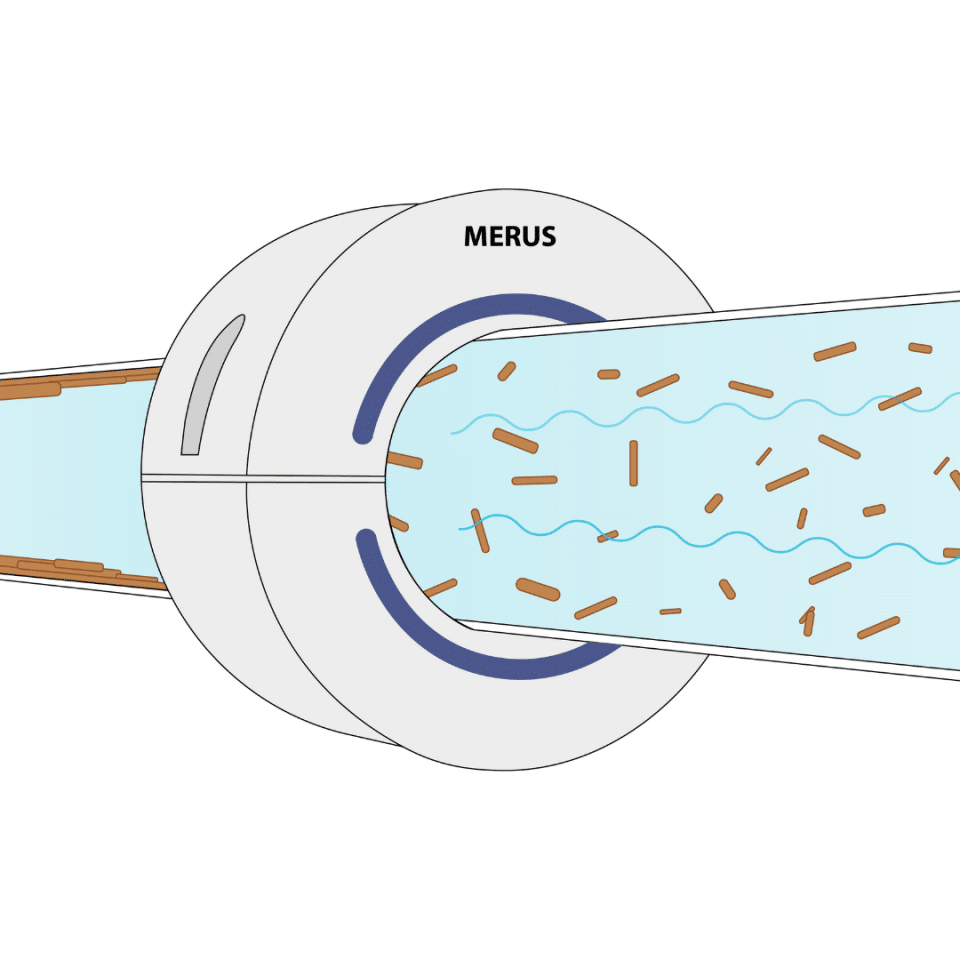Corrosion is a natural process where metals are gradually deteriorated by chemical reactions with their environment. In the context of metals and alloys, corrosion typically involves the reaction of the metal with substances in its environment, such as oxygen or water. The most common form of corrosion is the rusting of iron or steel, where iron reacts with oxygen and water to form iron oxide, commonly known as rust.
Corrosion

Corrosion
Advantages
Corrosion can lead to a range of problems, including the degradation of materials, loss of structural integrity, and a decrease in the functionality of the affected objects or structures. It is a significant concern in various industries. As a result, preventive measures are often employed to mitigate its effects.
The Ongoing Impact of Corrosion
Corrosion often arises due to two primary factors: 1) stagnating water and 2) unsaturated water. In both scenarios, water or dissolved oxygen actively corrodes the materials of pipes or machines. As a result, it initiates a detrimental chemical reaction.
This corrosive process results in the gradual formation of rust and/or pitting, compromising the structural integrity of surfaces over time. Simultaneously, it initiates surface roughening, exacerbating the corrosive progression.
If left unattended, this corrosive process can escalate, posing serious risks such as leakage. Moreover, it necessitates costly emergency shutdowns and replacement investments. As a result, the financial and operational consequences of this uncontrolled process are significant.
Effective Counteraction with Merus Technology
Merus not only addresses visible symptoms but also prevents the occurrence of corrosion. By implementing Merus, the impact is mitigated, extending the lifespan of equipment and minimizing the likelihood of expensive maintenance and replacement scenarios.
This comprehensive approach underscores the efficacy of Merus in safeguarding pipes and machinery from the detrimental effects of this corrosive process, ensuring sustained operational efficiency and cost savings.
FAQ's
What is the ring made of?
The Merus ring is made out of two halves of a treated alloy.
How does the Merus water treatment work?
The Merus technology consists of a programmed ring installed around a pipe, which gives off molecular oscillations disturbing the lime scale, rust, bacteria, algae etc. in your fresh- or seawater lines and applications. Afterwards, the substances are flushed away leaving water lines and applications mostly free of harmful build-up and bringing them back to high performance levels.
How can the Merus ring be installed?
In private homes or for small installations no expertise is needed. That’s why we send you the ring and you can install it on your own. All you need is an Allen Hex Key and some insulating tape. You will get an installation manual with your Merus Ring or as PDF. For bigger installations where the place of installation has to be chosen carefully, we provide support by our technicians or partners world wide. We will decide what is suitable in cooperation with you.
How can I request a Merus ring?
If you are interested in purchasing a Merus ring, please visit our store or get in contact with us and let us know for what it will be used, so that we can send you the most detailed offer.
Get in Touch!
Please fill in our contact form and we will contact you as soon as possible.